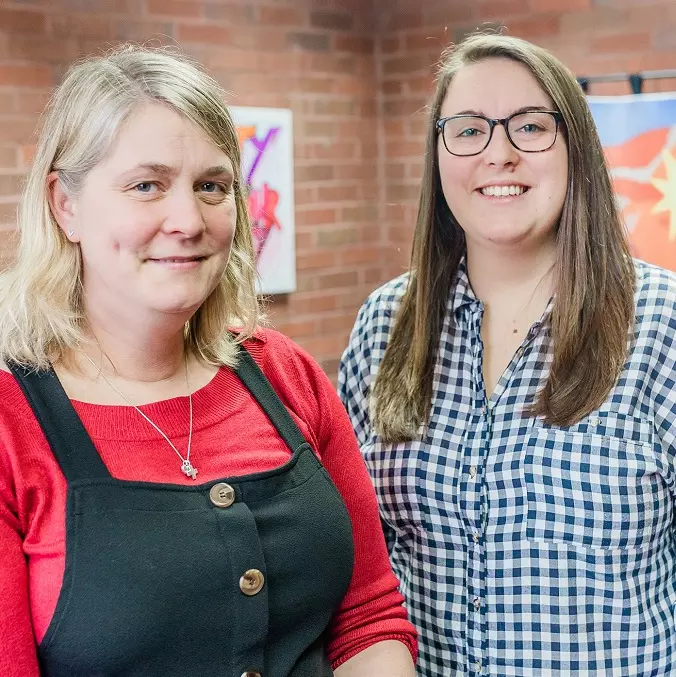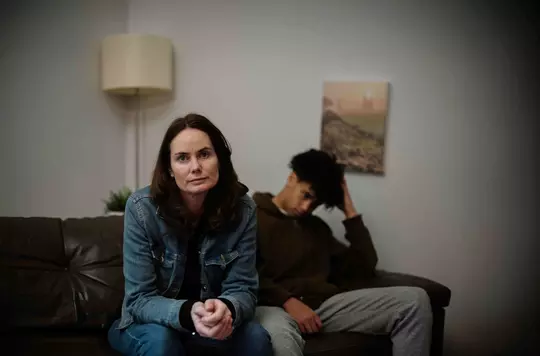Salvation Army expands its Scotland Drug and Alcohol Strategy
published on 14 Feb 2020

A Salvation Army campaign to tackle drug and alcohol addiction in Scotland has gone from strength to strength with the appointment of a specialist worker in Inverness.
Debbie Smith, from Nairn, has been brought in as part of the church and charity’s Scotland Drug and Alcohol Strategy, which was launched in 2013 to support communities affected by addiction.
With specialist staff already making a difference to people’s lives in Aberdeen, Falkirk Greenock and Stirling, project manager Laura Mitchell is delighted to be able to expand the strategy to the north of the country.
Laura said: “As a church and charity, the Salvation Army has a proven track record of evidence-based social programmes through our work with vulnerable people experiencing homelessness. An example of this is our Inverness Resettlement Project.
“To build on our wider homelessness work, we launched a partnership with the University of Stirling aimed at preventing substance use problems and improving the lives of people with addictions and those closest to them.
“We’re pleased to be expanding our strategy to the Highlands and are delighted to have Debbie on board. She brings a massive amount of experience to the role and has already made a positive impact in the lives of those she supports.”
Debbie, who has worked alongside prisoners and young offenders with addiction issues, is based at the Salvation Army’s community church on Tomnahurich Street – although her patch covers a 20-mile radius.
For the 45-year-old, much of her day-to-day working is about education – about informing people and walking alongside them at whatever stage they are at on their journey, allowing people the space to explore their options towards a healthier and happier way of life.
Debbie said: “Primarily I work on a one-to-one basis, supporting people who are affected by drug and alcohol addiction. The type of support we provide is person-centred and hugely varied. It can include anything from attending medical appointments to organising food parcels and working alongside other agencies. We also deliver a therapeutic group work programme and other social and educational activities.
“The central aim of our recovery model is harm reduction through community support. We do everything we can to reach the whole person, even when they don’t believe in themselves anymore. We look at all areas of a person’s life to try and understand their addiction and how it could affect other family members.”
Underpinning this work is the Salvation Army’s partnership with the University of Stirling. The research team there are looking at the connections between substance use, homelessness, and wider health and social problems. That will form the basis of new educational programmes for support workers like Debbie.
“It’s an exciting project with a lot of potential”, she says. “We provide the research team with regular updates on our programme and I’m looking forward to working with them to develop our project with evidence-based practice.”

How We Work
Find out about our latest campaigns

Lifehouses
Accommodation that provides more than a roof.

Donate
Help us be there to support the most vulnerable members of society.
Homelessness
Help people experiencing homelessness move on with their lives.